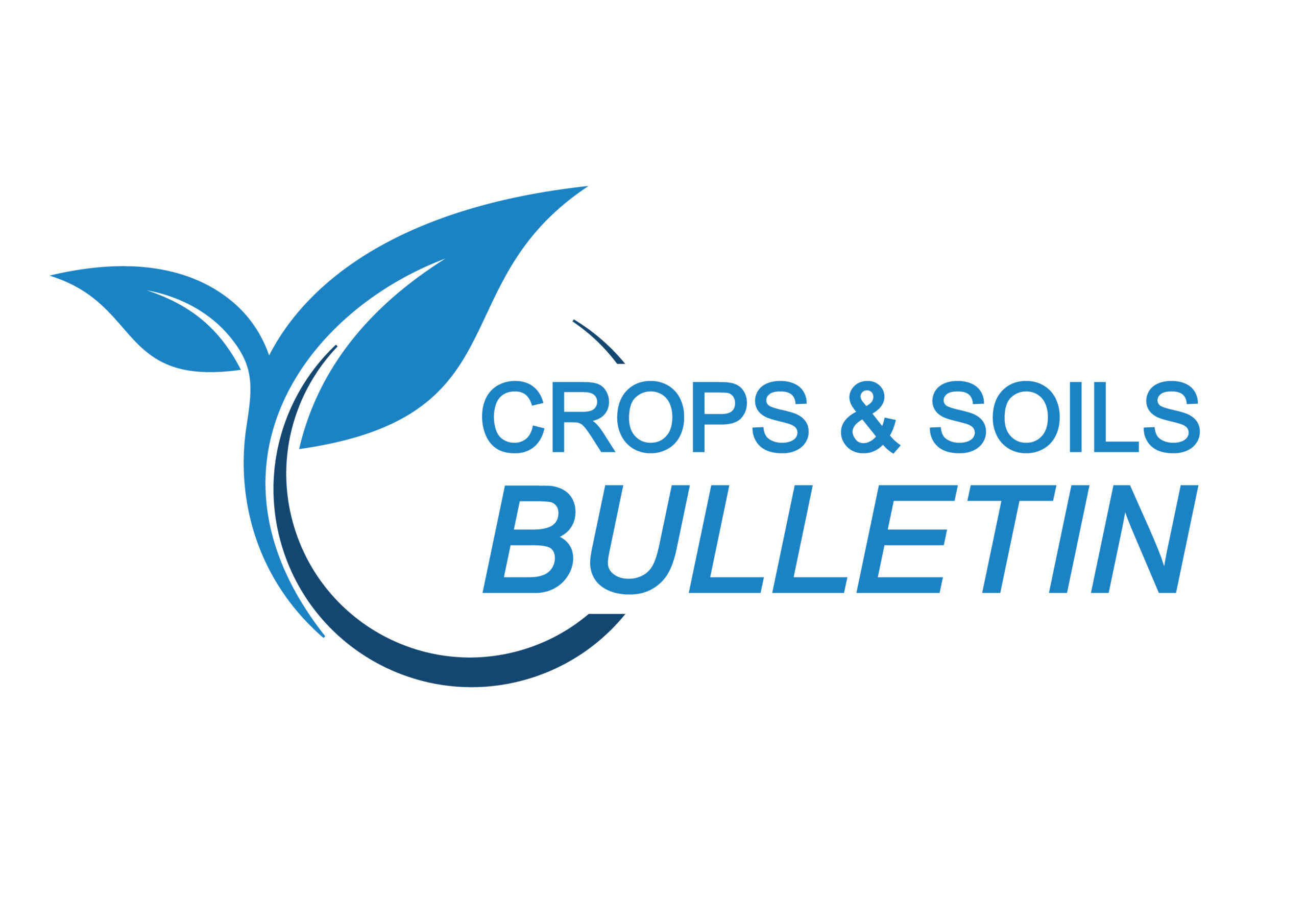Science-Based Targets Links to Farming Activities
25 October 2023Food and drink companies that engage in agricultural activities on their supply chain are collaborating with farms to promote the adoption of regenerative practices, ensure healthy soils, reduce emissions at the farm level, and encourage the adoption of practices that promote sustainability. To meet their sustainability goals, multiple companies have launched diverse initiatives to get farmers involved in their efforts to reduce the environmental impact. These efforts include carrying out annual soil health evaluations to monitor land quality, offering incentives to encourage farmers to reduce their carbon emissions, pinpointing significant sources of greenhouse gas emissions, and implementing environmental sustainability practices to ensure long-term sustainability. Although the impact on agriculture is not direct, it is playing a significant role, and it will become increasingly important as more manufacturers and retailers adopt and promote smart and sustainable agricultural practices to improve on-farm environmental performance.
What is the Science-Based Targets Initiative?
The number of companies committed to reducing greenhouse gas emissions by adhering to the Science Based Targets initiatives (SBTi) has increased by 87%, with over 410 companies with land-intensive operations setting emissions reduction targets. Almost half of these companies are now publicly reporting their Greenhouse Gas (GHG) emissions. Both large and small corporations are taking steps towards reducing their carbon footprint by committing to reducing both direct (scope 1) and indirect (scope 2 and scope 3) GHG emissions, aligned with 1.5°C for scopes 1 and 2, and well below 2°C or 1.5°C for scope 3, engaging with their suppliers to establish a baseline and working with them to identify changes that can be made to reduce emissions from their indirect value chain.
Understanding the Different Standards
There are specific standards in place that outline a protocol for Agriculture, Forest and Land Use (AFOLU) or Forest Land and Agriculture (FLAG) and specific FLAG sector pathways for ten agricultural commodities such as beef, maize, rice, and others for companies that have diversified FLAG emissions. FLAG SBTs have great potential as they could implement both emission reductions and removals. FLAG emissions include carbon emissions associated with land use change, land management, and carbon removal and storage.
GHG emissions from crop products on specific pathways such as wheat include carbon emissions from land-use change, from drained peat soils, carbon and nitrous oxide emissions due to fertiliser production, direct and indirect nitrous oxide emissions from soil due to fertiliser application, nitrous oxide emissions from crop residue, and methane and nitrous oxide emissions from agricultural waste burning and carbon emissions from machinery on farms.
- Land use change includes deforestation, forest degradation, conversion of coastal wetlands, and peatland burning.
- Emissions from land management practices include those such as biomass burning, soil management and tillage, agricultural waste burning, fertiliser use, nutrient and manure management, crop residues, machinery use and transport of biomass.
- Carbon removals and storage include activities like forest restoration, silvopasture, agroforestry and enhancing soil organic carbon.

Understanding the Different Standards
GHG emissions from crop products on specific include:
- Carbon emissions from land-use change.
- From drained peat soils.
- Carbon and nitrous oxide emissions due to fertiliser use.
- Direct and indirect nitrous oxide emissions from soil due to fertiliser application.
- Nitrous oxide emissions from crop residue.
- Methane and nitrous oxide emissions from agricultural waste burning.
- Carbon emissions from machinery on farms.
Food and drink companies have launched various programmes and initiatives to involve farmers in their efforts to reduce environmental impact and achieve sustainability goals. Tesco and Kellogg's, for instance, are supporting sustainable agriculture. In July 2023, Tesco launched the Future Farmer Programme, which will help British farmers acquire sustainable agriculture skills and assist them in achieving net-zero and biodiversity targets. Kellogg's Origins programme is another initiative that collaborates with farmers globally to facilitate their transition to more sustainable or regenerative practices, with over 40 projects currently underway.
As these programmes and incentives become more popular, there is a growing emphasis on the significance of healthy soils for agriculture. The International Fertilizer Association highlights the importance of commercial incentives and collective outreach programmes in promoting emission reduction practices and soil carbon sequestration among farmers through knowledge sharing, innovation, and on-farm technology. These initiatives can potentially result in bottom-line savings for farmers as well as increased environmental performance.
Luisa Riascos Caipe, SAC Consulting
Sign up to the FAS newsletter
Receive updates on news, events and publications from Scotland’s Farm Advisory Service


